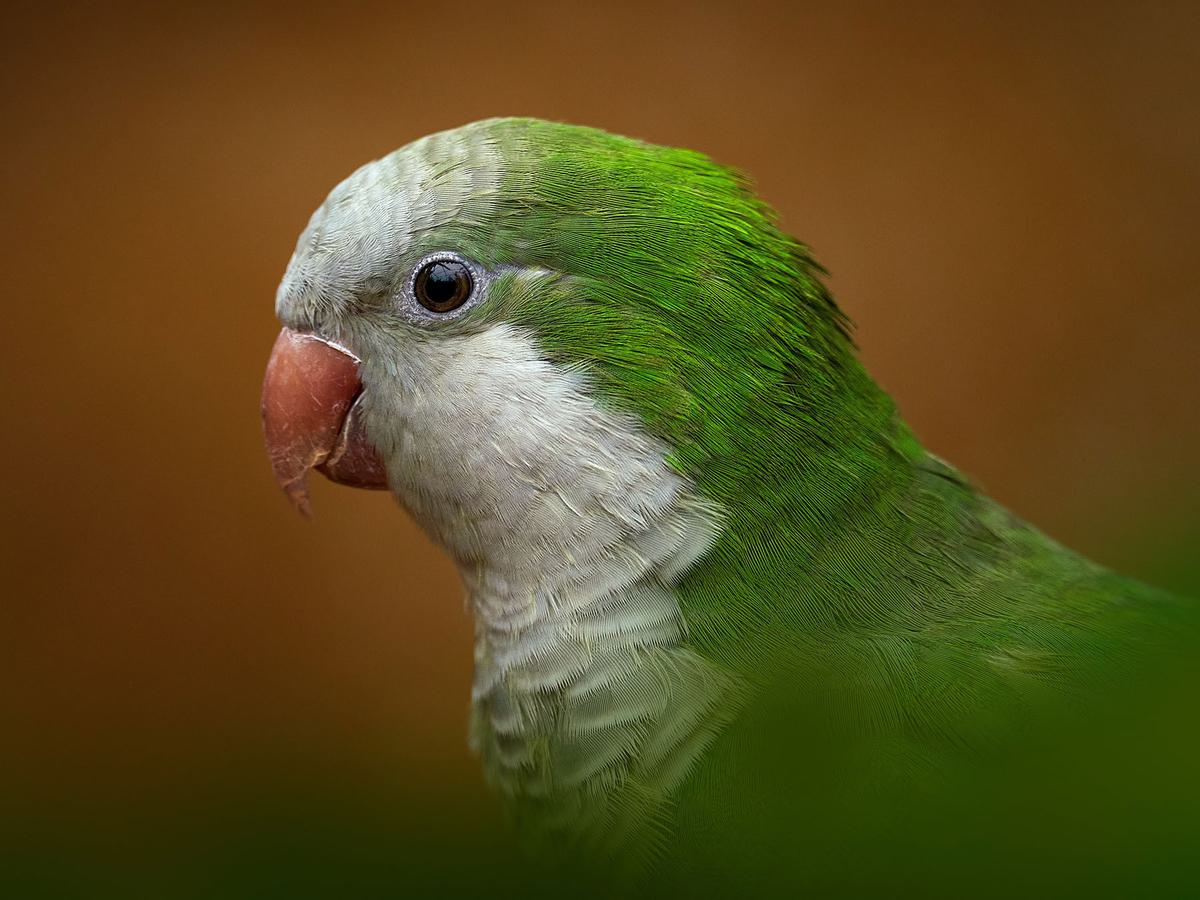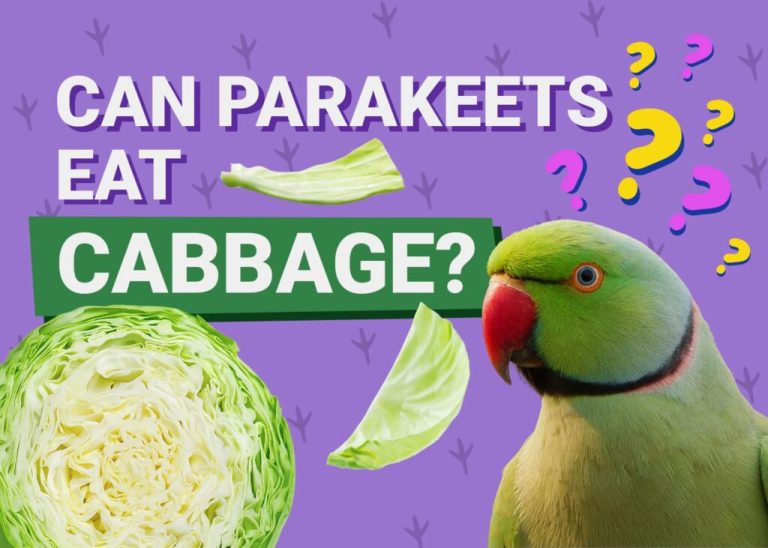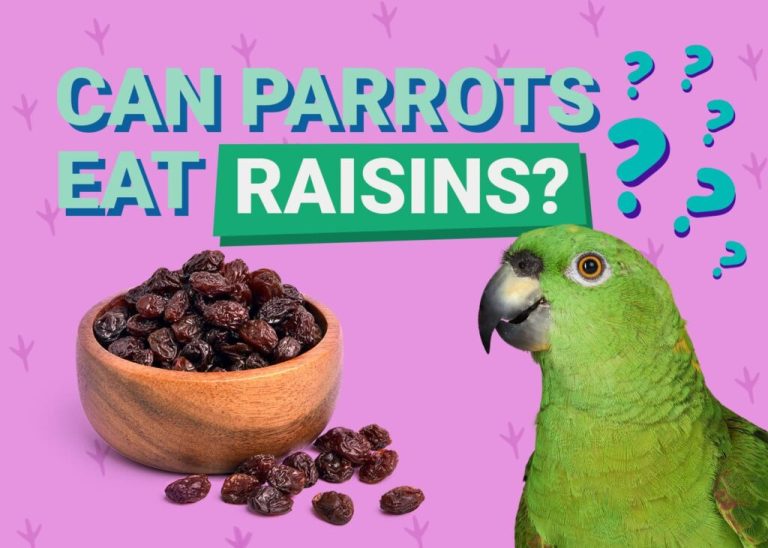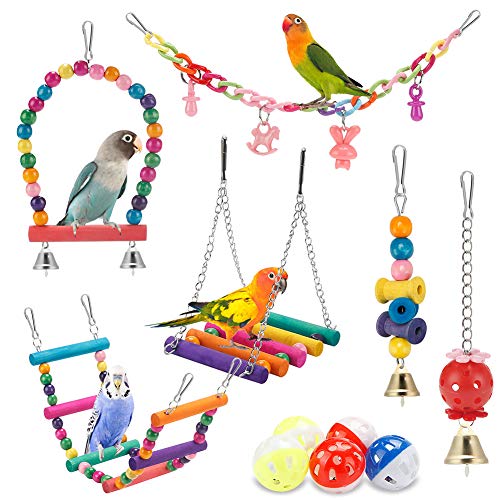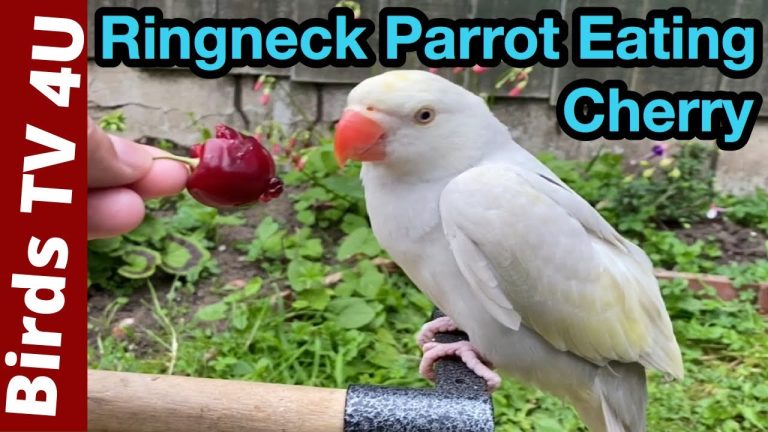Life Expectancy of Quaker Parrots: How Long Do Quaker Parrots Live?
Quaker parrots, also known as monk parakeets, typically live between 15 to 20 years in captivity. With proper care, some may even reach up to 30 years.
Quaker parrots are charming, intelligent birds that make popular pets. Their playful nature and ability to mimic sounds endear them to many. Owners appreciate their social behavior and affectionate personalities. A well-cared-for Quaker parrot can bring joy and companionship for years.
Understanding their life expectancy is crucial for potential owners. It helps in planning for their long-term care and well-being. Providing a stimulating environment, a balanced diet, and regular veterinary check-ups contributes to their longevity. With the right attention, Quaker parrots can thrive and become beloved members of the family for decades.

Credit: www.animalhumanesociety.org
Introduction To Quaker Parrots
Quaker parrots are known for their vibrant colors and playful nature. Their feathers can be green, blue, or yellow. These birds are small but very social. They often enjoy the company of humans and other pets.
Quakers have a charming personality. They can be very talkative and mimic words well. Their friendly behavior makes them a favorite among bird lovers. Many families choose them as pets for their affectionate nature.
| Distinctive Features | Popularity as Pets |
|---|---|
| Vibrant colors | Very social and affectionate |
| Small size | Excellent mimics |
| Playful behavior | Easy to train |

Credit: birdgene.com
Average Lifespan
The average lifespan of a Quaker parrot varies greatly. In the wild, these birds live about 10 to 15 years. In captivity, with proper care, they can live up to 20 years or more.
Many factors affect their longevity. Diet plays a crucial role. A balanced diet helps maintain health and energy. Environmental conditions also matter. A safe and stimulating habitat promotes a longer life.
| Factor | Impact on Lifespan |
|---|---|
| Diet | Proper nutrition boosts health and lifespan. |
| Environment | A safe space reduces stress and injury. |
| Social Interaction | Regular interaction keeps them happy and healthy. |
Dietary Influences
Quaker parrots need essential nutrients for a long, healthy life. A balanced diet should include fruits, vegetables, grains, and proteins. Fresh greens like spinach and kale are great choices. Seeds can be offered but should not dominate their diet.
Avoid feeding Quaker parrots avocado, as it is toxic. Chocolate and caffeine are also harmful. Onions and garlic can cause health issues. Starchy foods like bread and potatoes should be limited.
| Foods to Avoid | Reason |
|---|---|
| Avocado | Toxic to parrots |
| Chocolate | Contains harmful substances |
| Caffeine | Can cause heart issues |
| Onions | Can damage red blood cells |
| Garlic | Can cause digestive problems |
Habitat And Environment
Quaker parrots thrive in spacious environments. A large cage is essential for their well-being. Aim for a minimum size of 24″x24″x36″. Ensure the cage has horizontal bars for climbing. Place the cage in a lively room where they can see and interact with family.
Enrichment is crucial for Quaker parrots. Provide toys, perches, and activities to keep them engaged. Change toys regularly to maintain their interest. Social interaction is also important. Spend time with your parrot every day. This helps prevent boredom and promotes a happy life.
Healthcare And Wellness
Regular veterinary visits are essential for Quaker parrots. These check-ups help catch any health issues early. A vet can provide vaccinations and advice on diet.
Common health issues include feather plucking, obesity, and respiratory infections. Many Quaker parrots also face digestive problems. Keeping an eye on their behavior can help identify issues.
| Health Issue | Symptoms |
|---|---|
| Feather Plucking | Missing feathers, skin irritation |
| Obesity | Difficulty flying, lethargy |
| Respiratory Infections | Coughing, sneezing, wheezing |
| Digestive Problems | Diarrhea, vomiting, lack of appetite |
Socialization And Mental Health
Quaker parrots are very social birds. They form strong bonds with their owners. Spending time together helps strengthen this bond. Playing games and offering treats encourages interaction.
These parrots also enjoy being around other birds. Socializing with different species can boost their mental health. Group play provides mental stimulation and reduces loneliness. Make sure they feel safe during interactions.
Breeding And Life Expectancy
Breeding practices greatly affect the life expectancy of Quaker parrots. Healthy breeding leads to stronger, happier birds. Poor breeding can result in health issues and shorter lives.
Providing the right care for elderly parrots is vital. A balanced diet helps maintain their health. Regular check-ups with an avian vet are essential. Create a comfortable and safe environment for them. This includes plenty of toys and social interaction.
Understanding their behavior changes as they age can help owners provide better care. Elderly parrots may need special attention and adjustments to their routine.
Conservation Status
The Quaker parrot faces several threats in the wild. Habitat destruction is a major issue. Urbanization reduces their living spaces. Climate change alters their natural environment. Poaching and illegal trapping also harm their population.
Conservation efforts are crucial for their survival. Many organizations work to protect these birds. Habitat restoration programs aim to restore their natural homes. Legal protections help reduce poaching and illegal trade. Public awareness campaigns educate people about their plight.
| Threats | Conservation Efforts |
|---|---|
| Habitat destruction | Habitat restoration programs |
| Climate change | Legal protections |
| Poaching | Public awareness campaigns |
:strip_icc()/monk-parakeet-in-barcelona-1283029076-245274da359546a6a9a726bdb23a2064.jpg)
Credit: www.thesprucepets.com
Frequently Asked Questions
What Is The Average Lifespan Of A Quaker Parrot?
The average lifespan of a Quaker parrot is about 15 to 20 years. With proper care, some can live even longer. Factors like diet, environment, and veterinary care significantly influence their longevity. Providing a stimulating environment helps promote their overall health and well-being.
How Can I Increase My Quaker Parrot’s Lifespan?
To increase your Quaker parrot’s lifespan, focus on a balanced diet. Offer a variety of fruits, vegetables, and high-quality pellets. Regular veterinary check-ups are essential for early detection of health issues. Additionally, mental stimulation through toys and social interaction can keep them healthy and engaged.
Do Quaker Parrots Require Special Care For Longevity?
Yes, Quaker parrots do require special care for a long life. This includes a spacious cage, regular exercise, and a varied diet. Social interaction is also crucial, as they are social creatures. Ensuring they have a clean environment reduces stress and promotes overall health.
What Health Issues Affect Quaker Parrots?
Common health issues in Quaker parrots include obesity, feather plucking, and respiratory infections. Nutritional deficiencies can lead to serious problems, so a balanced diet is vital. Regular check-ups with an avian veterinarian can help detect these issues early, improving their chances for a longer life.
Conclusion
Understanding the life expectancy of Quaker parrots helps owners provide better care. These lively birds can live up to 30 years with proper nutrition and a healthy environment. By ensuring regular vet check-ups and mental stimulation, you can enhance their lifespan.
Cherishing your Quaker parrot leads to a rewarding companionship.

